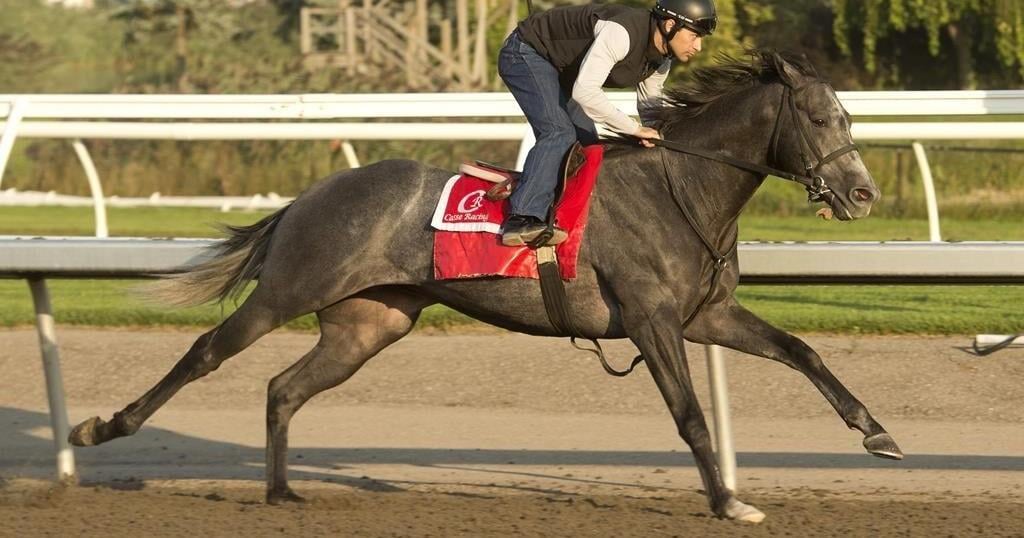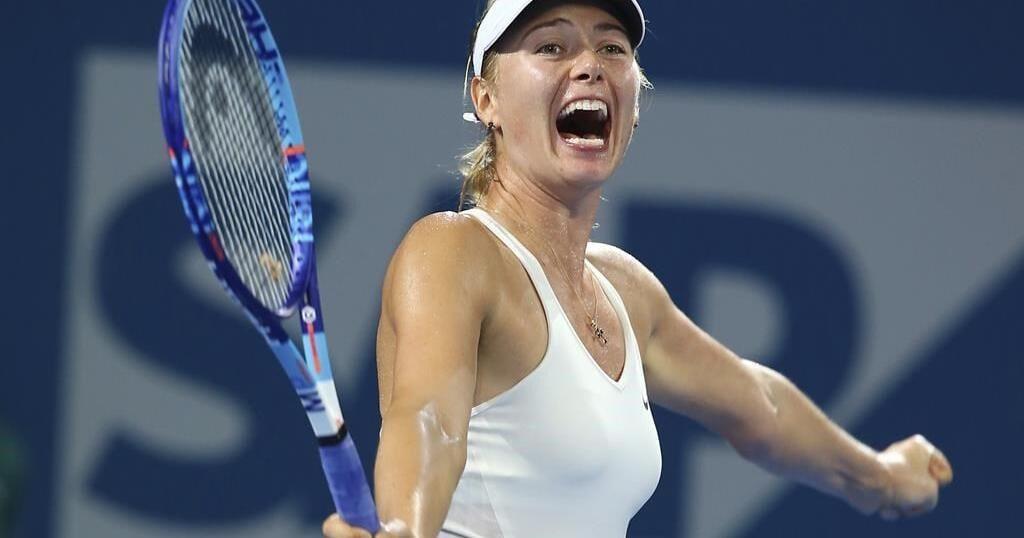TORONTO – He’s firmly among Canada’s top three-year-olds but My Boy Prince faces a stiff test Saturday at Woodbine Racetrack.
The ’24 King’s Plate runner-up will be part of a global field in the $1-million Woodbine Mile turf event. Not only will it be My Boy Prince’s first race against older competition but among the seven other starters will be such horses as Naval Power (Great Britain), Big Rock (France) and Filo Di Arianna (Brazil).
My Boy Prince will race for the first time since finishing second to filly Caitlinhergrtness in the Plate on Aug. 23.
“It’s his first try against older horses and it’s hard to say where he fits in,” said trainer Mark Casse. “This time of year running a three-year-old against older horses, it’s like running a teenager against college athletes.
“We’re doing it because we believe a mile on the turf is his preferred surface … we wanted to give him a shot at this. (American owner Gary Barber) is someone who likes to think outside the box and take calculated risks so we’re going to see where he fits in.”
Casse, 16 times Canada’s top trainer, is a Hall of Famer both here and in the U.S. He’s also a two-time Woodbine Mile winner with filly Tepin (2016) and World Approval (2017).
Sahin Civaci will again ride My Boy Prince, Canada’s top two-year-old male who has six wins and 10 money finishes (6-3-1) in 11 career starts. The horse will be one of three Casse trainees in the race with Filo Di Arianna (ridden by Sovereign Award winner Kazushi Kimura) and Win for the Money (veteran Woodbine jockey Patrick Husbands aboard).
Naval Power, a four-year-old, has finished in the money in eight of nine starts (six wins, twice second) and will race in Canada for the first time. He comes to Woodbine with second-place finishes in two Grade 1 turf races.
Big Rock, another four-year-old, makes his North American debut Saturday. The horse has five wins and five second-place finishes in 14 starts but has struggled in ’24, finishing sixth, 10th and fifth in three races.
Filo Di Arianna is a four-time graded stakes winner with nine victories, three seconds and a third from 17 starts. It was Canada’s ’22 top male sprinter and champion male turf horse.
Other starters include Playmea Tune, Niagara Skyline and Secret Reserve.
Playmea Tune, a four-year-old, is trained by Josie Carrol. The gelding has made three starts, winning twice and finishing second in the Grade 3 Bold Venture on Aug. 23.
Woodbine-based Niagara Skyline is a six-year-old with 13 money finishes (six wins, five seconds, twice third) in 24-lifetime starts. The John Charlambous trainee has reached the podium (1-1-1) in all three races this year.
Secret Reserve, also a six-year-old, has finished in the money in 15-of-26 starts (six wins, one second, eight thirds). The horse, at 44-1, was third in the Grade 2 King Edward Stakes over a mile on the E.P. Taylor turf course.
The Mile highlights a stellar card featuring six graded stakes races. Also on tap are the $750,000 E.P. Taylor Stakes (fillies and mares), $500,000 bet365 Summer Stakes (two-year-olds) and $500,000 Johnnie Walker Natalma Stakes (two-year-old fillies), all Grade 1 turf events.
The Mile, Natalma and Summer winners earn automatic entries into the Breeders’ Cup at Del Mar in November.
Casse has won all four races, earning his first E.P. Taylor title last year with filly Fev Rover, Canada’s horse of the year and champion female turf horse. Fev Rover will defend her title Saturday against a field that includes Moira, the ’22 King’s Plate winner and Canada’s horse of the year trained by Woodbine’s Kevin Attard.
“It (E.P. Taylor) was definitely on my bucket list because it had eluded us,” Casse said. “But I honestly hadn’t realized I’d won all four of them, hadn’t really thought about it.”
Casse will have horses in all four turf races Saturday. Arguably the most intriguing matchup will be between Moira and Fev Rover, who ran 1-2, respectively, in a photo finish Aug. 11 in the Grade 2 Beverly D. Stakes, a 1 3/16-mile turf race, at Virginia’s Colonial Downs.
“What’s funny is the two of them went all the way to Virginia and she beat us by a nose,” Casse said. “We could’ve done that at Woodbine.
“There’s two of the best fillies in the world both from Toronto and they’re going to be competing Saturday.”
Some question having so many solid races on a single card but Casse likes the strategy.
“I think it’s a good thing,” he said. “On Saturday, the main focus on horse racing in the world will be on Woodbine and that’s because it’s such a great card.
“It’s an international day, there’s horses coming from everywhere and we’re going to do our best to represent Canada.”
This report by The Canadian Press was first published Sept. 13, 2024.


























